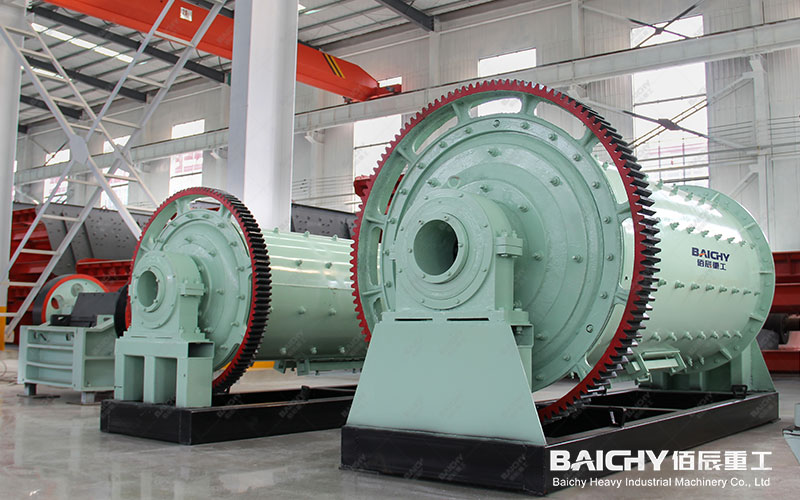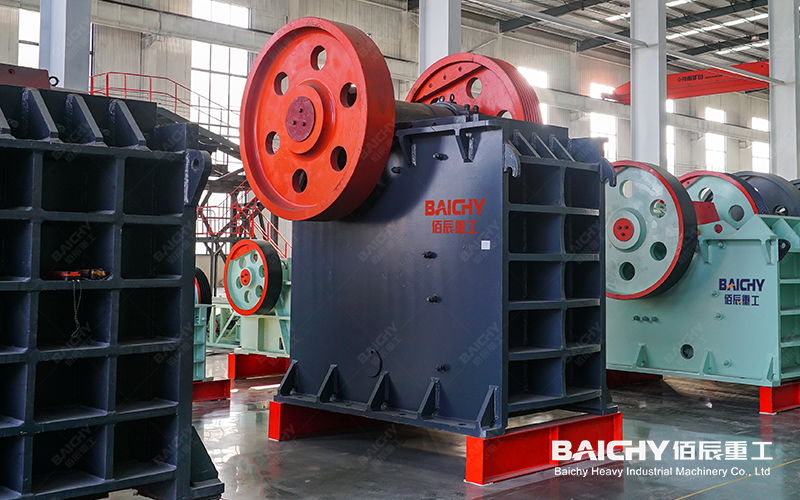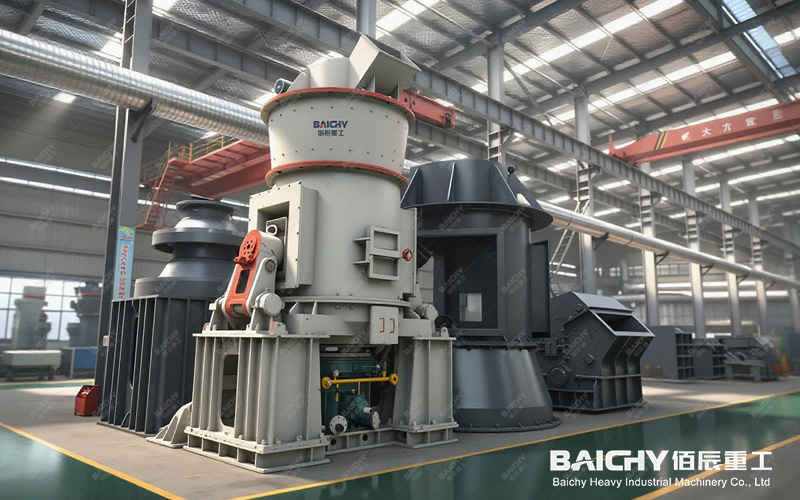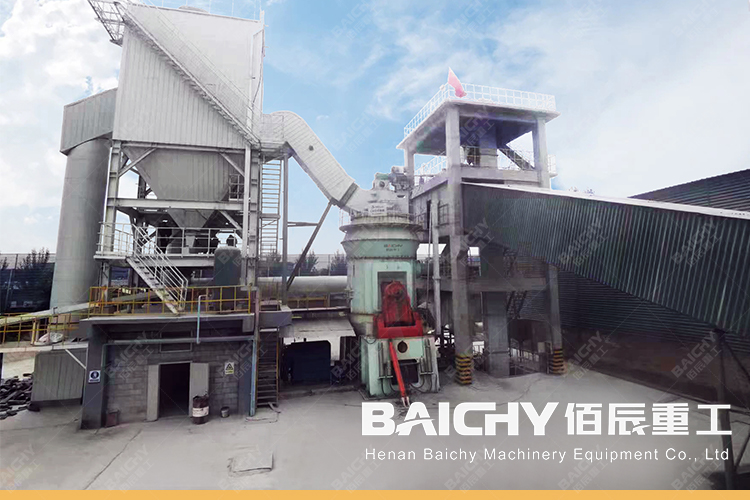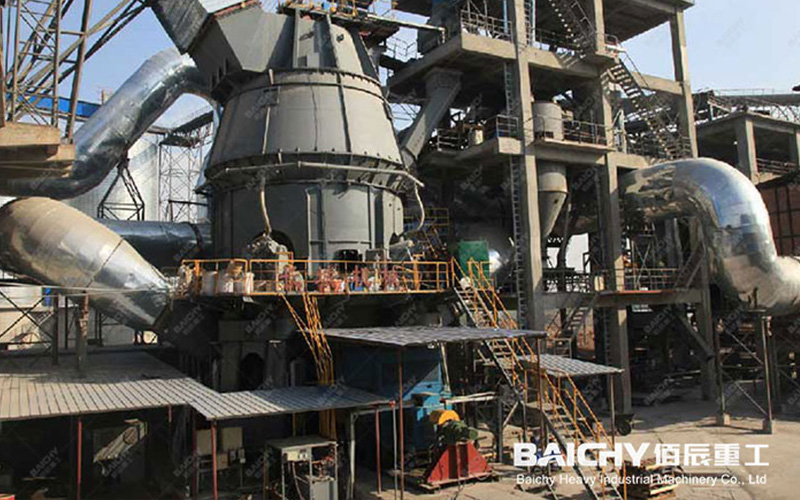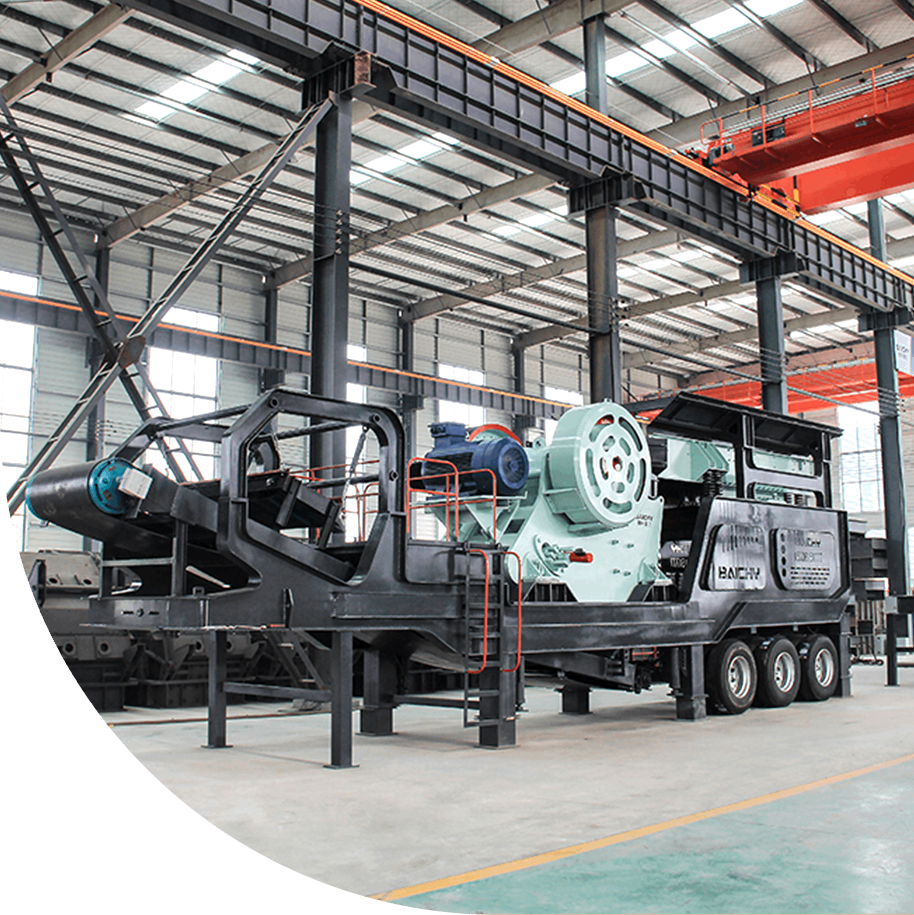In Zimbabwe, a resource-rich country, mining and agriculture are the two pillars of its economic development. Whether processing minerals like gold, chromium, and lithium, or agricultural products like corn and soybeans, material crushing is a crucial step in the production process. Hammer mills and ball mills are the most commonly used crushing equipment, and their selection directly affects production efficiency, finished product quality, and operating costs. So, how do you make an informed decision given Zimbabwe's unique market environment?
Chapter 1: Understanding Your Weapon—The Core Differences Between Hammer Mills and Ball Mills
Before making a choice, it's essential to clearly understand the working principles and applicable scenarios of both.

• Hammer Mill: The Warrior of Coarse and Medium Crushing
◦ Working Principle: Relies on high-speed rotating hammers to impact and crush materials. Usually equipped with a screen to control the output particle size.
◦ Core Advantages: Relatively simple structure, low energy consumption, high output, and easy maintenance. Suitable for crushing materials of medium hardness and below (such as limestone, coal, gypsum, agricultural by-products, etc.).
◦ Finished Product Characteristics: The finished product has relatively coarse particles, uneven particle size, and a relatively low powder yield.
◦ Typical Applications in Zimbabwe: Limestone grinding for agricultural soil improvement, coal crushing for fuel, primary crushing of ores, etc.
• Ball Mill: The Artist of Fine and Ultrafine Grinding
◦ Working Principle: Materials are impacted and ground within a slowly rotating cylinder using grinding media such as steel or ceramic balls.
◦ Core Advantages: High grinding efficiency, achieving extremely high fineness (even up to several hundred mesh), and uniform product particle size.
◦ Finished Product Characteristics: Primarily produces fine powder, suitable for fields with strict particle size requirements.
◦ Typical Applications in Zimbabwe: Fine grinding before beneficiation of metallic minerals such as gold and spodumene; grinding of cement raw materials and clinker; ultrafine processing of non-metallic minerals such as kaolin.
Chapter Two: The Decision Moment—How to Choose According to Your Needs?
Please answer the following questions to determine which equipment is right for you:
1. What is your target particle size?
◦ Need particles of 1-5mm? -> Hammer mill is ideal.
◦ Need powders of 75 microns (200 mesh) or even finer? -> Ball mill is the way to go.
2. What are the physical properties of your material?
◦ Medium or low hardness, brittle? -> Hammer mill is more efficient.
◦ High hardness, highly abrasive? -> Multi-stage crushing may be necessary, but a ball mill is still required for final fine grinding.
3. What is your budget?
◦ Ball mills typically have higher initial purchase and installation costs than hammer mills, and also consume more energy during operation.
4. Are you considering wet grinding?
◦ Ball mills can easily perform wet operations, which is crucial for preventing dust emissions or for certain processes such as slurry flotation. Hammer mills are generally used only for dry crushing.
Chapter 3: Zimbabwe Market Insights and Procurement Recommendations
When procuring equipment in Zimbabwe, local conditions must be considered.
• Local Suppliers and After-Sales Service: Prioritize suppliers with agents or service centers in industrial cities such as Harare and Bulawayo. Good after-sales service ensures long-term stable operation of the equipment and avoids prolonged downtime due to parts shortages.
• International Brands vs. Made in China: European and American brands are reliable but expensive. Chinese-made crushing equipment is highly competitive in terms of cost-effectiveness, and its quality and technology have improved significantly in recent years, making it a popular choice for many Zimbabwean companies. The key is to choose reputable large manufacturers that can provide good technical support and spare parts supply.
• Power Supply Considerations: Power stability in Zimbabwe is a crucial factor. Large ball mills have high starting currents and demanding grid requirements, necessitating an assessment of the plant's power configuration. A generator backup plan may be necessary.
• Tariffs and Logistics: If importing from abroad, it's crucial to understand Zimbabwe's import tariffs, VAT, and other policies, and to select an experienced customs clearance agent to smooth the entire procurement process.
There is no absolute better, only more suitable. Hammer mills and ball mills are excellent tools serving different stages of production. Clearly defining your material characteristics, target products, and budget is the first step to successful procurement. We recommend bringing material samples to engage in in-depth discussions with professional equipment suppliers, and even conduct small-scale trials to provide the strongest data support for your investment decisions.


